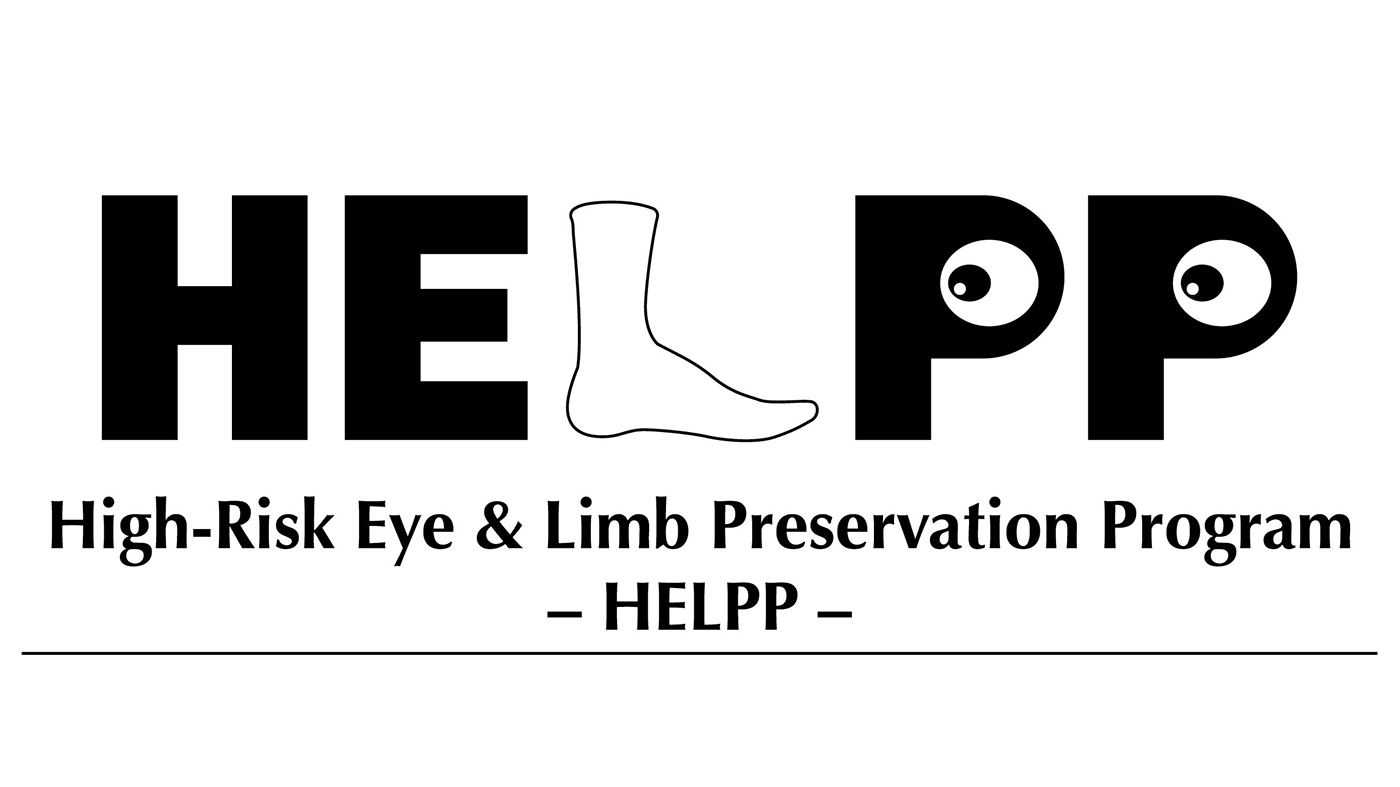When the pandemic hit, the U.S. health care system saw unprecedented levels of delayed appointments. Most elective appointments were paused and care was prioritized for emergencies and COVID operations. To continue meeting Veteran health care needs, VA immediately expanded the use of telehealth. VA’s most common telehealth tool is VA Video Connect, VA’s secure videoconferencing app. But telehealth comes with some limitations.
Dr. Nichol Salvo is a podiatrist at Atlanta VA, deputy director of VA’s National Podiatry Program and 2024 Senior Innovation Fellow with VHA Innovation Ecosystem.
For podiatrists who are responsible for treating problems that affect the feet and lower legs, telehealth doesn’t allow full examination of potential foot issues. Those exams are critical for determining a patient’s risk for amputation.
VA’s PAVE (Prevention of Amputation in Veterans Everywhere) program has been in place for nearly 30 years and is designed to reduce overall amputation rates and reduce the amputation levels performed, such as a toe, foot or lower leg. PAVE establishes that any Veteran with a past medical history that might increase the risk of amputation requires an annual foot exam.
Expanding access to VA podiatry care
As the pandemic evolved, podiatrists became increasingly concerned about at-risk Veterans developing symptoms that needed sudden treatment. Salvo recognized the need for a creative approach to reach patients and minimize the negative impact of delayed care.
The High-risk Eye and Limb Preservation Program (HELPP) was developed to provide an eye and foot exam, labs, vitals intake and general health assessment. The foot exam was performed by a nurse while a podiatrist supervised via video to identify foot care needs.
As in-person care was still limited and many patients were still not receiving basic foot care, Salvo decided she would need to do more to help Veterans access care. The HELPP program hired intermediate care technicians (ICTs) who are former military corpsman or medics who transition from the military to VA and are trained to perform a variety of procedures. HELPP ICTs complete standardized podiatry specific trainings and train directly under a podiatrist.
The HELPP ICTs now perform basic foot exams and care at VA outpatient clinics working toward HELPP’s mission of preserving limbs and keeping Veterans walking. Eligible Veterans were also enrolled in the Remote Temperature Monitoring program to monitor their risk for lower limb amputation.
Access to podiatry improved from 38-day wait to 10 days
Since starting in 2020 at Atlanta VA, HELPP has completed over 5,500 visits and allowed more high-risk Veterans to receive care. It has decreased podiatry related community care costs, expanded access to care and improved health outcomes for Veterans.
“Amputation rates have decreased by 40% and access to podiatry at the Atlanta VA has improved from a 38-day wait to 10 days,” said Salvo.
As a senior innovation fellow, Salvo’s mission is to establish HELPP as a model of care that can be used across VA, providing basic foot care to Veterans at increased risk for amputation, improving access and timeliness of care and preventing amputation.
Looking ahead, Salvo hopes to expand HELPP to more VA outpatient clinics serving Veterans in rural areas where access to specialty care and broadband internet access are often limited. “Our Veterans have been tremendously grateful to receive podiatry care within their local VA clinic rather than fighting the Atlanta commute to the main VA hospital or seeing a non-VA provider,” said Salvo.
To learn more, view the HELPP Diffusion Marketplace page. If you are a Veteran looking to learn more about VA podiatry services, contact your VA primary care provider who will perform a foot exam to determine eligibility.
Topics in this story
More Stories
Study underscores important role COVID vaccination can have in protecting Veterans from infection and reducing long-term health consequences
Columbia VA’s robotic surgery teams completed their 800th robotic surgery and are on schedule to hit 1,000 by the end of the year.
In a decentralized clinical trial, Veterans can participate from their own homes or local VA instead of having to travel to a research site.







Congratulations Dr. Salvo and thank you for making a difference in the health of the veterans!